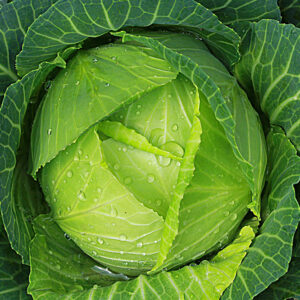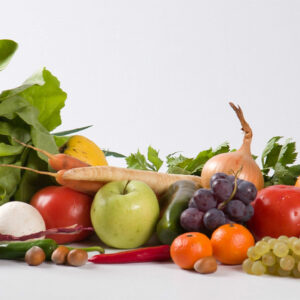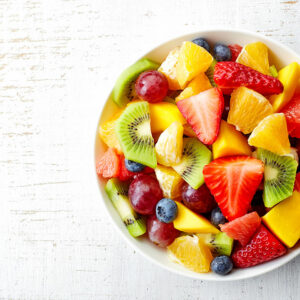
01
Gastrointestinal stromal tumors – Foods to eat and avoid
The gastrointestinal (GI) tract consists mainly of the stomach, small intestine, and large intestine (also referred to as the colon). Gastrointestinal stromal tumor, or GIST, is a kind of cancer that develops in the GI tract, causing abnormal cells to form over the tissues. Depending on the disease’s severity, treatment may include surgery, targeted therapy, and supportive care. In addition, the following changes in one’s eating habits can also help manage the condition. Foods to eat The foods to consume when suffering from gastrointestinal stromal tumors include: Fresh fruits and vegetables Fruits and vegetables are loaded with vitamins, minerals, and anti-cancer elements like flavonoids, isoflavones, polyphenols, and lignans. When supplemented with natural antioxidants, these elements help fight the cancer-causing free radicals. Cabbage, bamboo, and avocado are usually recommended for GIST patients. Still, it is best to consult a nutritionist to ascertain the type and quantity of antioxidant-rich fruits and veggies to be included. Plant-based foods are also high in fiber, which further helps improve colon health naturally. Curcumin-rich foods Turmeric contains an active ingredient called curcumin. Several studies suggest that curcumin can suppress the c-Kit oncogene and improve the patient’s metabolic response. One can easily incorporate turmeric into the daily food regime without changing their eating habits drastically. Additional supplements GIST patients can develop vitamin or mineral deficiencies as their bodies cannot easily absorb essential nutrients from the food. So, different supplements (including oral chewable doses) can be added to the daily food regime depending on the type of deficiency. Foods to avoid When managing gastrointestinal stromal tumors, one should avoid certain foods to ensure optimum gut and colon health: Meats and processed foods Patients should strictly avoid red and processed meats, especially after surgery has been done to remove the tumor. They can supplement their daily protein intake with lean cuts from chicken, fish, eggs, and low-fat dairy.
Read More 






